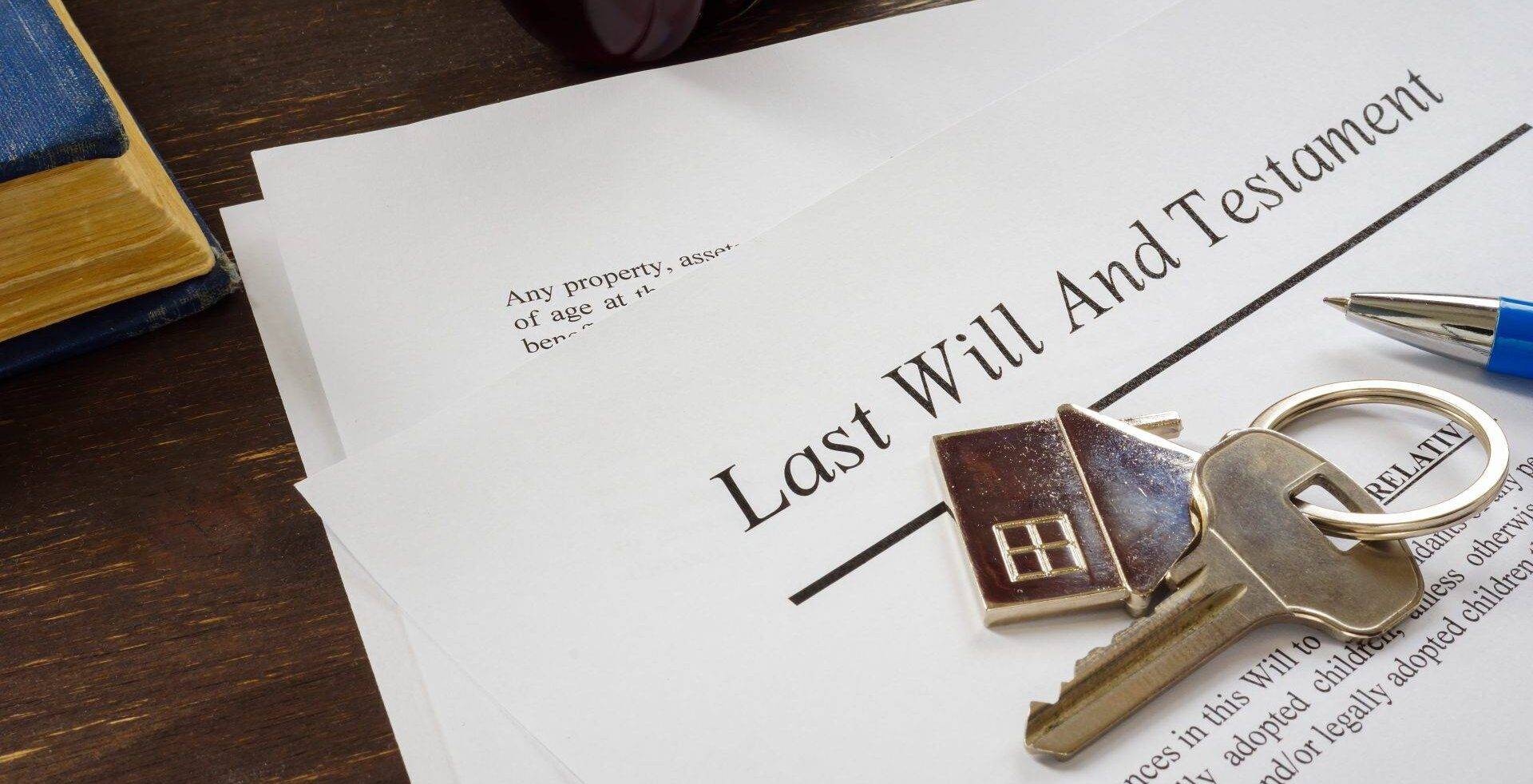Unequal provision for children is a fairly common theme in inheritance disputes. In England and Wales, there are no forced heirship rules and people are generally free to leave their estate to whomever they choose when they make a Will. This can sometimes involve controversial choices, particularly when there is a history of family disharmony. However, that is not to say that close relatives of a deceased person who have been – in their view, unfairly – excluded from a Will have no means of seeking provision.
Broadly, there are two main routes available to a disappointed beneficiary – either a Will challenge claim (should circumstances render it possible to question the legitimacy of the Will), or a claim for provision – usually under the Inheritance (Provision for Family and Dependants) Act 1975 or, occasionally, at common law.
An anonymous post on the popular forum Mumsnet appeared this week and given the relatable circumstances, it has provoked a significant debate about inheritance, even being reported in the press. The individual in question had inherited £250,000 from her late father and her half-sister had inherited a mere £17,000. Her mother had died first and her father had not provided for the half-sister, expressing unhappiness at the sister’s choice in men. The beneficiary, however, quite conscientiously, was seeking advice on a moral dilemma – should she wilfully provide her half-sister with 50% of her inheritance (which she appeared to want to do), or should she honour her parents’ wishes? The recipient was mindful of the fact that she and her husband had struggled for a number of years and the inheritance money she had received would clear their mortgage and put their family in a more comfortable position. Her half-sister, despite having made some questionable life choices, was a single mother and would also benefit significantly from a greater share of the inheritance.
Opinions were mixed – some thought she should be a good sister and share the money (even if her husband did not agree) and others were adamant that she should honour her parents’ wishes and look after her own family first. A few people suggested she make a small payment to the half-sister but retain the majority of the funds. Whatever decision she does make, the question this poses is how a Court might approach the situation if the half-sister decided to bring a claim…
Assuming that there is no prospect of challenging the validity of the Will (i.e. not being able to establish the testator lacked capacity, did not understand the extent of his estate, was coerced or adversely influenced by dishonesty, or did not execute the document properly), the half-sister would most likely be left with an Inheritance Act claim. As one of the children of the deceased, she is eligible to bring such a claim provided it is done within 6 months of the grant of probate being obtained. The likelihood – all things considered – is that she would receive something if she were to go to Court, but the amount would depend on a number of factors. These include:
- her financial needs and resources;
- the financial needs of the main beneficiary and how they would be affected;
- the extent to which the half-sister depended on her father during her lifetime;
- the welfare of any disabled beneficiaries;
- the size of the estate; and
- any other relevant factor, including conduct
Comment
In these circumstances, whilst it is likely that the half-sister could demonstrate a case of financial need (and more widely argue that her father had a moral obligation to provide for her), the effect of giving the half-sister a large award would be to deprive the main beneficiary significantly of sums she would need and frustrating the testator’s wishes. There is also the fact that the half-sister, despite not being in a strong financial position herself, was not dependent financially on her late father. In all likelihood, such a claim would probably succeed but the level of an award would be nowhere near half of the value of the estate.
How can we help?
If you have any questions regarding the subjects discussed in this article, please contact a member of our expert Dispute Resolution team in Derby, Leicester or Nottingham on 0800 024 1976 or via our online form.
Contact usIf this article relates to a specific case/cases, please note that the facts of this case/cases are correct at the time of writing.


